Carbon rim brakes, bar ends and straightforward headsets: cycling tech of old we miss
Whatever happened to the days when bike brands didn’t feel the need to have proprietary stems and spacers?

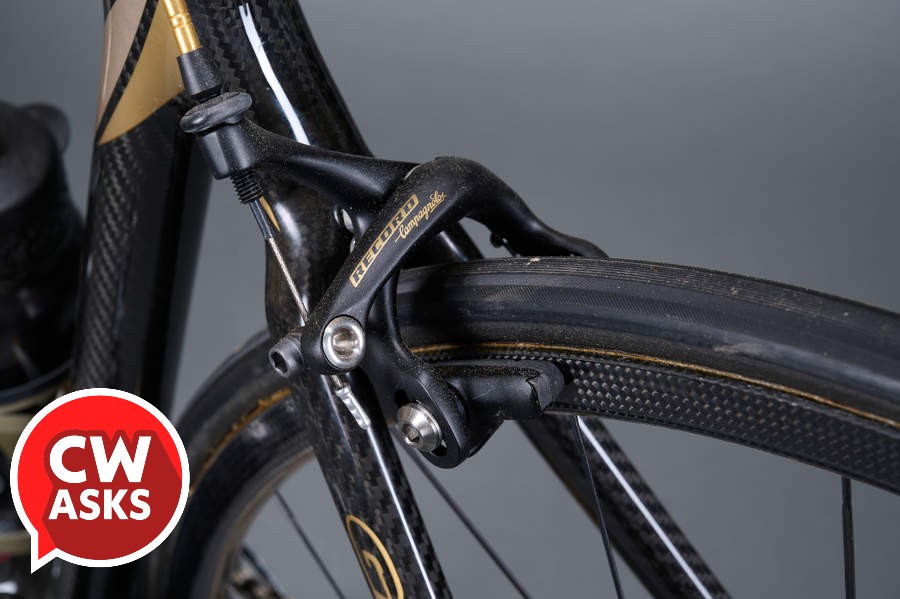
"CW asks" is a feature series where our seasoned staff answers a range of questions. The series isn't just about delivering knowledge; it's a chance for us to share a bit of our personality and our passion with you. As we dive into some questions, please feel free to send in some questions of your own to anne.rook@futurenet.com.
Previous Questions:
- What three things do you wish you'd known when you first started cycling?
- Does e-bike racing have a place at the most competitive end of our sport?
- If you were given $3,000 right now, which bike would you buy?
- Personality test: If you could keep just one of your bikes, which bike would it be?
- Ride of a lifetime: If you had just one ride left in you where would it be and with whom?
- Who is the greatest cyclist of all time?
- Ride indoors or brave the elements outdoors: how will you tackle the winter season?
- The great sock debate: do socks go over or under leg warmers?
- Tubeless vs. tubed tires on the road?
- SRAM, Shimano or Campagnolo? Here's what our staff prefers and why
- What's the 'right' tire width for road and gravel riding?
- What cycling-related items are on our experts' Christmas wish lists?
Question 12: What's some cycling tech of old you kinda miss?
Michelle Arthurs-Brennan, Digital Editor
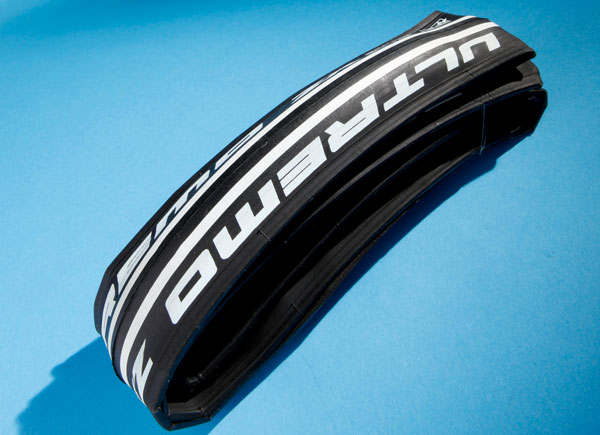

The first thing to come to mind is the Schwalbe Ultremo ZX tire. At the dawn of every race season, I'd buy a new set - perhaps alongside some bar tape and a fresh pair of socks. A new set of racing shoes for the bike meant that the season had truly begun.
Tire technology has come on, quite significantly, since the days when this rubber ruled the roost, but in the glow of the 'Olympic-Tour-de-France-boom' of 2012, these felt like pure speed - supple, sticky, and as far as I remember, completely free of tread.
So supple, indeed, that it was never a battle to get them onto a rim. The set that let me down with at least two start line punctures probably marked the beginning of the end of our relationship - but, that doesn't mean I don't miss them.
Anne-Marije Rook, North American Editor
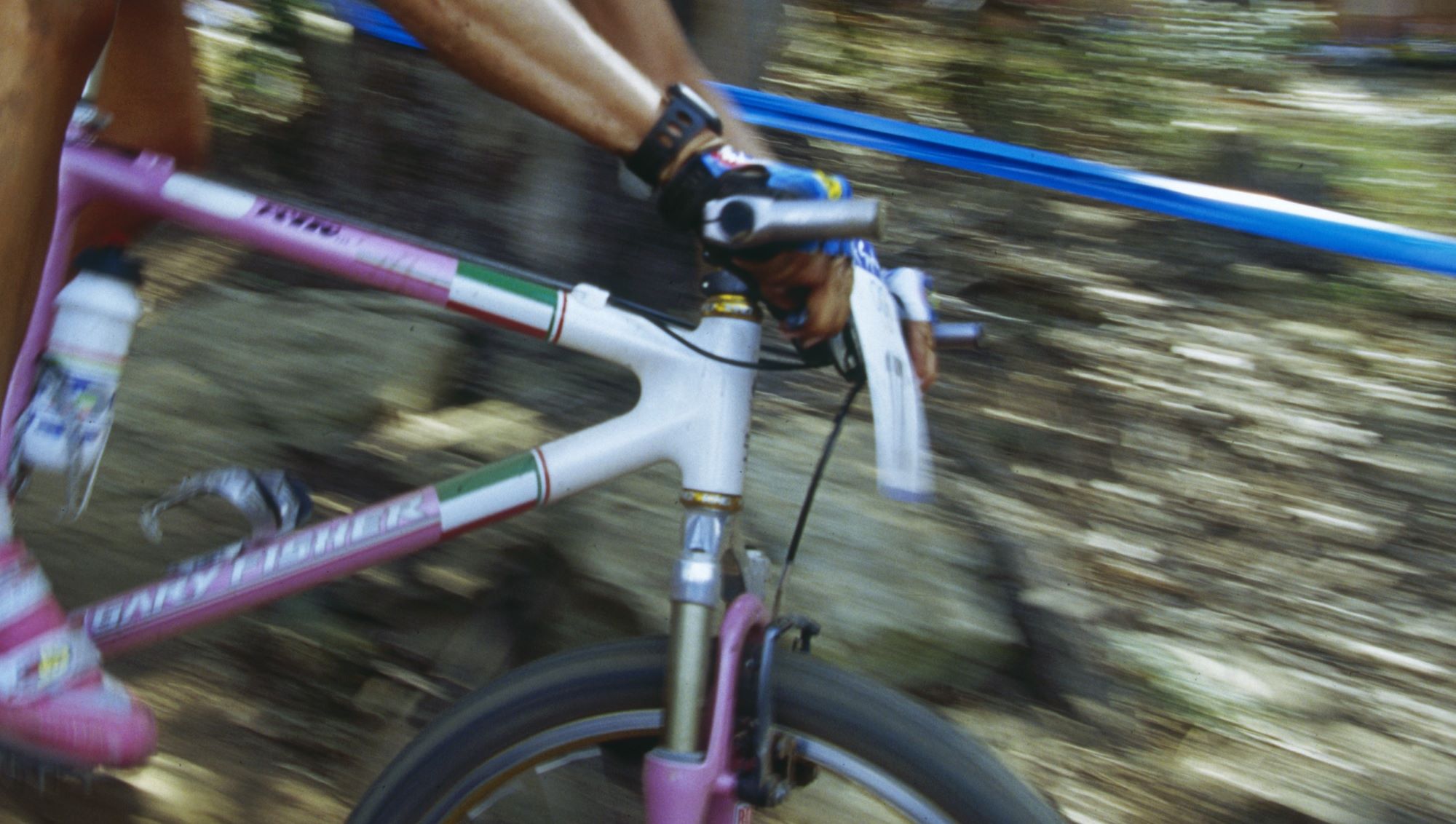

I kinda miss bar ends on XC mountain bikes.
Bar ends became a popular feature in the 1990s when mountain bike handlebars were commonly around 540mm long, straight and, well, flat. In comparison, mountain bike handlebars these days are commonly between 740mm and 800mm long and feature a sweep of some kind. Bar ends, also called bar end extensions, are little extensions bolted at the edges of the bars to offer alternate hand positions and more stability and control.
The latest race content, interviews, features, reviews and expert buying guides, direct to your inbox!
Flat bars are quite limited in that they offer just a single, wrap-around, hand position while riding whereas drop bars for road and gravel riding offer several different positions. While climbing or descending on technical terrain, having an additional position adds in handling control and fighting fatigue.
By and large, bar ends have waned in popularity because of an increase in handlebar width –providing more leverage and stability–, advances in bike geometry and suspension and rider fit and ergonomics. With the wider bars also comes an increased risk of snagging your bar ends on branches, shrubs or even, other riders. I can tell you from experience that snagging even a small, seemingly harmless, shrub at speed can cause spectacular crashes.
With that said, when doing long-distance events like this year’s Yomp Rally, hand numbness and soreness is inevitable, and that’s when I miss the extra hand positions bar ends provided. This is also why you’ll see so many ultra-endurance cyclists put drop bars on their mountain bikes.
To hep counter some of that hand numbness, I started using Togs this year. These little thumb grips bolt on in front of your bar grips and provide a change of hand position for comfort and less hand fatigue. In addition to comfort, I found that they added control on the descent and more leverage when climbing. It's a $30 upgrade, I'd highly recommend it in lieu of traditional bar ends.
Sam Gupta, Video Manager
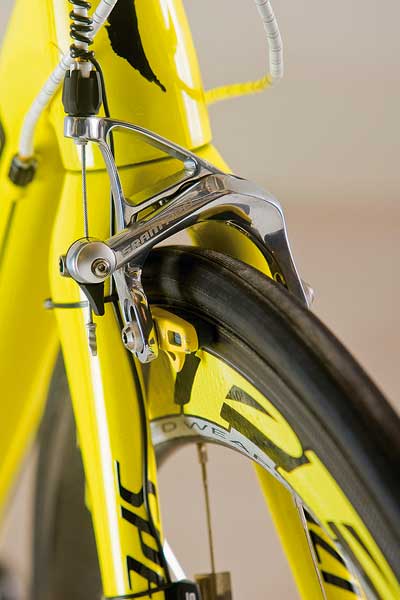

Weirdly, I am starting to miss carbon rim brakes. Those that have only ever used disc brakes simply won’t understand the terror of descending on a system that could literally cause a tyre blowout if you brake too much, and that’s not even beginning to mention what happens when they get wet.
But, when I did ride (and race) on carbon rim brakes, it taught me a lot about anticipation, taking the right line and being more sensitive to what other riders around me are doing.
When the heavens do open, these lessons come in incredibly handy. You’re forced into becoming a more technically able rider because you simply can’t trust your brakes, you have to be able to navigate situations in more creative ways if you’re to avoid hitting the deck. It’s undeniable that disc brakes are better, and perhaps it’s not the tech I miss but instead the lessons it taught me.
Stefan Abram, Tech Features Editor
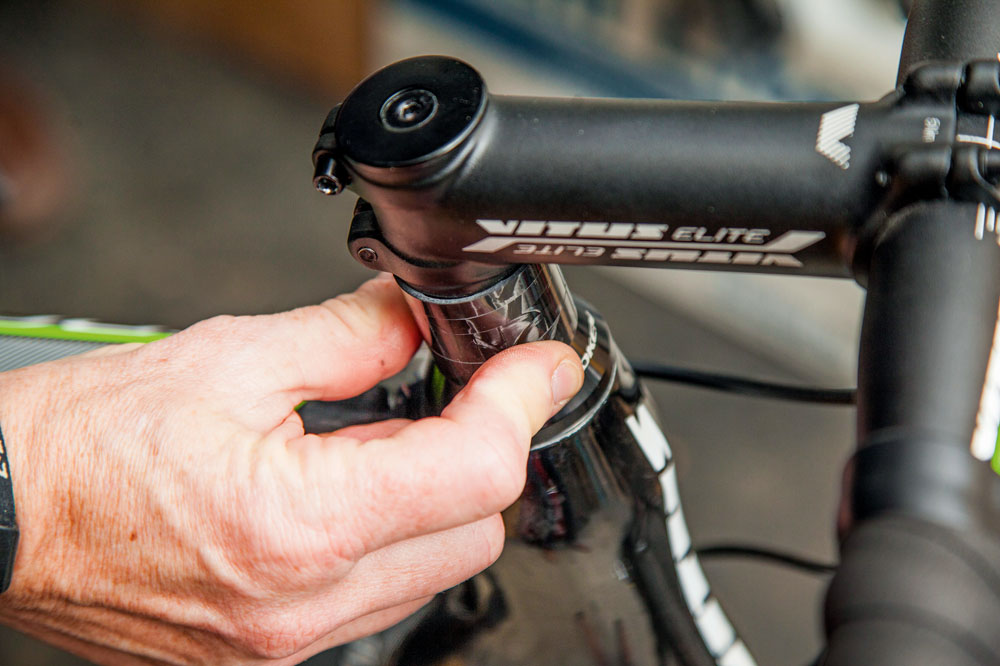

It’s not yet entirely gone (though for certain categories of bikes it essentially has), but I really miss straightforward A-headsets with 1 and ⅛ inch steerer tubes that take simple, round spacers and connect to the handlebars with easily interchangeable stems.
To be fair, there are quite a few integrated cockpits which make shuffling spacers and setting your stack height significantly easier than what it was. But although that’s better than the immediate past, things were a lot easier (and cheaper) when essentially every bike brand didn’t have its own proprietary stem and spacers.
Still, the genie is out of the bottle and I don’t think we’ll be going back to how things were. I think the best we can hope for now is that integrated cockpits continue to be refined and made easier to work on and adjust.
Adam Becket, Senior News and Features Writer


So I have the curse of being a bit young for this question, in that I don’t really remember much outdated tech. I’ve only ever been used to the stuff that is around at the moment. One thing I think I do miss, to an extent, though, are the days when the most detail you could get for training was speed and heart rate, rather than power data and wattage. That’s mainly because I don’t really understand it, or wish to, nor do I have the financial means to have a power meter.
I think cycling would benefit a lot - especially at an amateur level - from being more stripped back, rather than teched up to the max, especially if you’re just a regular road rider. What need do you have to track your power data and have it all mapped out? Not a lot really, from my point of view. Leave the extremes to the professionals, and get back to just riding your bike.
Got questions -- silly or serious-- you'd like for us to tackle? Please send your questions to anne.rook@futurenet.com.

Cycling Weekly's North American Editor, Anne-Marije Rook is old school. She holds a degree in journalism and started out as a newspaper reporter — in print! She can even be seen bringing a pen and notepad to the press conference.
Originally from the Netherlands, she grew up a bike commuter and didn't find bike racing until her early twenties when living in Seattle, Washington. Strengthened by the many miles spent darting around Seattle's hilly streets on a steel single speed, Rook's progression in the sport was a quick one. As she competed at the elite level, her journalism career followed, and soon, she became a full-time cycling journalist. She's now been a journalist for two decades, including 12 years in cycling.